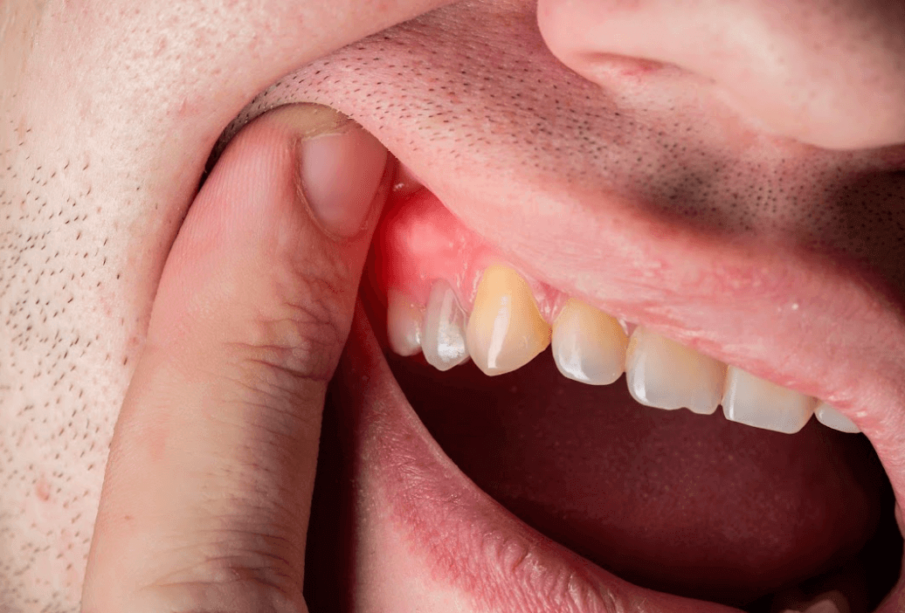How General Dentistry Can Help Treat Cavities And Gum Disease

General dentistry plays a vital role in managing cavities and gum disease. These dental issues can significantly impact overall health, but routine visits to a general dentist can help prevent and treat them. I have seen many people benefit from regular check-ups, which catch problems early and keep oral health in check. Dentists use a variety of techniques to treat cavities, such as fillings and sealants. These methods restore tooth health and prevent further decay. For gum disease, professional cleanings and advice on oral hygiene are essential. General dentists often recommend treatments like scaling to combat gum issues. Additionally, advancements like invisalign offer discreet solutions for misaligned teeth, which can contribute to gum problems. By addressing cavities and gum disease promptly with general dentistry, we can maintain a healthy mouth and smile. Trust in the process and prioritize dental care for long-lasting benefits.
Understanding Cavities
Cavities, also known as dental caries, occur when tooth enamel breaks down due to acid-producing bacteria. These bacteria feed on sugars and starches in food and produce acids that erode the enamel. If left untreated, cavities can lead to toothache, infection, and even tooth loss. Regular dental check-ups help spot early signs of decay. Dentists use X-rays and examinations to identify cavities before they become severe. Treatment often involves removing the decayed part and restoring the tooth with materials like composite fillings.
Combating Gum Disease
Gum disease, or periodontal disease, begins with gingivitis, an inflammation of the gums. It results from a buildup of plaque that hardens into tartar, irritating the gums. Without proper treatment, it can progress to periodontitis, affecting the bones and tissues that support teeth. Professional cleanings remove plaque and tartar, preventing gum disease from advancing. General dentists may also recommend scaling and root planing to clean below the gum line. Maintaining good oral hygiene at home is crucial, including brushing twice a day and flossing daily.
Prevention and Maintenance
Preventing cavities and gum disease involves a combination of professional care and good oral hygiene practices. Here are three key prevention strategies:
- Regular dental check-ups and cleanings
- A balanced diet low in sugary and starchy foods
- Consistent oral hygiene habits, including brushing and flossing
A focus on prevention not only helps in maintaining oral health but also reduces long-term dental costs. By investing in regular dental care, we can avoid more extensive and costly treatments later.
The Role of Invisalign in Dental Health
Misaligned teeth can contribute to both cavities and gum disease. They create hard-to-clean areas where plaque accumulates. Invisalign offers a clear, comfortable way to straighten teeth, improving oral hygiene and reducing the risk of cavities and gum disease. According to the CDC, proper alignment enhances oral function and health. Invisalign aligners are removable, making it easier to maintain good dental hygiene compared to traditional braces.
General Dentistry Techniques
| Dental Issue | Treatment Options |
|---|---|
| Cavities | Fillings, Sealants |
| Gum Disease | Scaling, Root Planing |
| Misaligned Teeth | Invisalign, Braces |
General dentists use various treatments to address dental issues effectively. Fillings and sealants repair and protect teeth from decay. Scaling and root planing remove harmful deposits and improve gum health. Invisalign and similar treatments correct alignment, enhancing oral hygiene and aesthetics.
The Importance of Early Intervention
Addressing dental issues early prevents complications. Regular visits to a general dentist ensure problems are caught and treated before they escalate. Early intervention in cavities or gum disease can save teeth and prevent pain. It also contributes to overall well-being, as oral health is linked to systemic health. The National Institutes of Health emphasizes the connection between oral and general health, highlighting the importance of maintaining a healthy mouth.
Conclusion
General dentistry is essential for treating and preventing cavities and gum disease. With routine care, effective treatments, and advancements like Invisalign, we can safeguard oral health. Prioritizing dental care helps prevent severe issues and maintains a healthy, confident smile. By working with a general dentist and following good oral hygiene practices, we invest in our long-term health and well-being.













